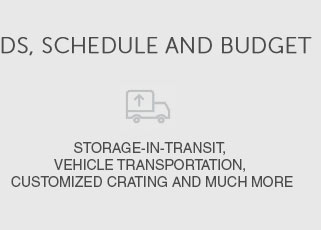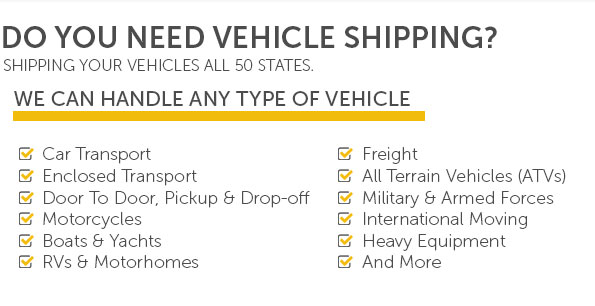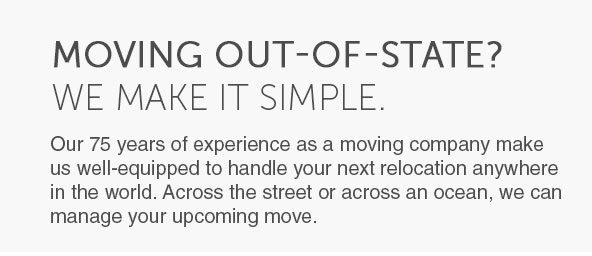 |
 |
 |
||
 |
 |
 |
 |
||
 |
 |
 |
 |
 |
 |
 |
 |
 |
 |
Moving from Puerto Rico to the US: Navigating Common PitfallsEmbarking on the journey from the sun-drenched shores of Puerto Rico to the vast expanse of the United States mainland is an adventure filled with both excitement and numerous challenges. Whether motivated by career prospects, educational opportunities, or a desire for new experiences, the transition is significant and requires careful consideration of various factors to ensure a smooth relocation. Here, we explore some common mistakes and how to avoid them to make your move as seamless as possible. Understanding the Legal Landscape Though Puerto Ricans are U.S. citizens, moving to the mainland involves more than just packing your bags. It's crucial to understand the legal and bureaucratic nuances that can impact your relocation. One common oversight is neglecting to update official documents such as driver’s licenses, voter registration, and Social Security information promptly. Ensuring these are in order can prevent future inconveniences, such as issues with employment verification or accessing healthcare services. Financial Considerations Another aspect that requires meticulous attention is financial planning. The cost of living varies widely between Puerto Rico and different regions in the U.S., and underestimating these differences can lead to financial strain. It's advisable to research housing costs, taxes, and other living expenses in your new location. Additionally, setting up a U.S. bank account ahead of time can facilitate a smoother financial transition and help avoid unnecessary fees associated with foreign transactions. Cultural and Social Adjustments The cultural shift is often underestimated by those relocating from Puerto Rico to the U.S. mainland. While there are many cultural similarities, the pace of life, social norms, and community dynamics can differ significantly. Engaging with local communities through clubs, social events, or cultural groups can ease this transition, providing a sense of belonging and community. Furthermore, language can also be a barrier; while many Puerto Ricans are bilingual, brushing up on English can be beneficial, especially in regions where Spanish is less prevalent. Employment and Career Opportunities Securing employment is often a primary driver for moving. However, assumptions about the job market can lead to frustration. It is vital to research the demand for your skills in your new location and consider obtaining additional certifications or training if necessary. Networking through professional associations or platforms like LinkedIn can provide valuable insights and job leads. Furthermore, understanding the differences in work culture and expectations can help in adapting more quickly to new professional environments. Education and Family Concerns For families, ensuring that children's educational needs are met is a top priority. Researching school districts and understanding the differences in educational systems is crucial. Engaging with parent-teacher associations and local educational resources can provide support and help ease the transition for children. Additionally, maintaining connections with family back in Puerto Rico through regular communication can alleviate feelings of homesickness and help sustain cultural ties. In conclusion, moving from Puerto Rico to the U.S. mainland is a multifaceted process that, while filled with potential, requires careful planning and awareness of common pitfalls. By addressing legal, financial, cultural, and educational aspects with diligence and foresight, you can transform this daunting process into a rewarding new chapter of life. https://www.upack.com/moving-companies/puerto-rico
If you're moving from the U.S. mainland to Puerto Rico (and you're a U.S. Citizen), you don't need a passport because Puerto Rico is a U.S. territory. https://www.quora.com/How-do-you-move-from-Puerto-Rico-to-the-US
Today, US citizens can move to Puerto Rico without needing a visa or passport, as it's a US territory . However, the island's unique status and ... https://www.reddit.com/r/PuertoRicoTravel/comments/1cm430y/can_you_guys_stop_moving_to_our_island_all/
3, of the U.S. Constitution.[6] U.S. federal law applies to Puerto Rico, even though Puerto Rico is not a state of the American Union and ...
|